You ever just stare at the back of your body wash bottle and think, “What even is all this stuff?” Like, real talk—half the ingredients sound like someone sneezed on a chemistry textbook. I get it. Maybe you’re feeling that itch (pun intended) to clean up your routine. Maybe you’ve heard about body wash clean ingredients and you want to know: is this just another trend, or does it actually matter for your skin, your health, maybe even the planet?
Let’s have a real conversation. This isn’t about guilt trips or perfection, okay? We’re gonna talk about what “clean” really means for body wash, why it matters (or sometimes…eh…maybe it doesn’t), and how you can find something that just works for your real, everyday life. I want you to feel like you’re chatting with a friend over coffee—no lectures, no confusing lingo, just a safe space to get some honest answers with a smile.
This topic can get surprisingly heavy once you dig in. But honestly? You deserve the real scoop. Let’s roll up our sleeves and get to the good stuff.
What Are “Clean Ingredients” in Body Wash, Anyway?
Okay, let’s clear the air first. “Clean” is the hottest word in beauty right now, right up there with “sustainable” and “gluten-free donuts.” But what does it actually mean when it comes to clean beauty body wash?
Defining “Clean” in the Beauty World—Spoiler: It’s Messy
Here’s the thing—“clean” isn’t regulated. Not officially, anyway. One brand’s idea of clean might look totally different from another’s. Usually, it means (at the very least):
- Ingredients you can pronounce (mostly!)
- Minimal use of harsh chemicals—think parabens, sulfates, artificial dyes, and fragrances
- An emphasis on gentle, often plant-based stuff that’s less likely to make your skin mad
But, heads up: “clean” isn’t a science word. There’s no legal definition. It’s a bit like “healthy food”—open to interpretation, sometimes marketing, but when done right, it really can be better for you.
Common Goodies In “Clean” Body Washes
When you pull apart these ingredient lists, you’ll usually see gentle cleansers (called surfactants) from coconut or sugar, essential oils for scent, skin-loving oils like jojoba or sunflower, and natural preservatives like vitamin E. It’s like a farmer’s market… if soap were vegetables.
What’s Left Out—and Why?
This is where the “clean” claim gets its teeth. Most clean ingredients body wash brands avoid stuff like:
- Parabens (those preservatives you’ve heard bad things about)
- Sulfates (like SLS, the foamy stuff that can strip your skin)
- Artificial fragrances (no one needs to smell like ‘ocean breeze #472’ if it means breaking out)
- Phthalates and dyes (bonus points if you know how to pronounce those)
Dermatologists—actual skin doctors—are pretty clear: cutting back on some of these, especially if you have sensitive skin or allergies, can make a big difference (according to the EWG’s Skin Deep® database).
Body Wash Clean Ingredients vs. Traditional Body Washes
Here’s where people start to side-eye their old favorites. Is going “clean” actually worth it? Does a gentle, plant-based clean beauty body wash really work, or is it just a pretty label?
Are “Clean” Body Washes Really Safer or More Effective?
Short answer: They can be safer for certain folks—especially if you have sensitive or allergy-prone skin. Less junk usually means fewer reactions. But don’t be fooled. “Natural” doesn’t always mean “better”—poison ivy is natural too, ya know?
Dermatologists say it’s not about clean vs. chemical, but how well a formula is balanced. You need enough cleansing power to get clean, but not so much that you’re basically sandpapering your skin. That’s why body wash clean ingredients focus on gentler surfactants. And honestly? Your skin will tell you if it’s happy or cranky. Trust your gut—and your arms.
The Flip Side: Natural Isn’t Always “Perfect”
Let’s keep it real: not every natural ingredient is rainbows and butterflies. Essential oils can irritate some skin types. Fancy plant extracts might cause rashes for the unlucky. So if you try a clean ingredients body wash and end up scratchy as a cat, don’t beat yourself up. It’s not all or nothing. Patch test, read those labels, ask questions. Your skin, your rules.
Bar Soap vs Body Wash: Which Is “Cleaner”—The Ultimate Showdown
Ah, the eternal question: bar soap vs body wash. Which side do you pick? I bet your grandma had opinions. So do dermatologists.
What Dermatologists Really Think (It Might Surprise You)
Turns out, both have their perks—and both can irritate or soothe, depending on ingredients. Bar soap gets a bad rap for being “harsh,” but there are plenty of clean ingredients options out there. Meanwhile, plenty of body washes are packed with gentle, nourishing stuff. What you want to avoid are harsh detergents, mega-strong fragrances, and bars that leave you squeaky (that tight, itchy feeling? Not a win).
Let’s Get Specific: Dove Bar Soap vs Body Wash, Lume Bar Soap vs Body Wash
| Product | Main Ingredients | Skin Type Fit | Pros | Cons |
|---|---|---|---|---|
| Dove Bar Soap | Sodium Lauroyl Isethionate, Stearic Acid, ¼ Moisturizing Cream | Dry to normal | Super gentle, dermatologist-approved, widely available | Some synthetic additives, can melt quickly |
| Dove Body Wash | Sodium Lauroyl Glycinate, Glycerin, Moisturizers | All skin types | Hydrating, big variety, more “clean” options now | Some have SLS, fragrance may irritate |
| Lume Bar Soap | Natural oils, Sodium Cocoate, Plant Extracts | Sensitive, normal | No fragrance, “clean” ingredients, simple formulas | Bar texture is softer, may not last as long |
| Lume Body Wash | Plant-based cleansers, No SLS, No parabens | All, especially sensitive | Deodorizing, gentle, clear ingredient list | Less foamy feel, higher price |
Honestly? Pick what fits your life. If you’re cozy with bar soap, there are great options. If body wash is your jam, go for one with body wash clean ingredients. The real trick is in the ingredients, not the form.
How to Choose a Clean Beauty Body Wash That’s Actually Good for You
Alright, so you’re standing in the aisle (or scrolling like crazy online), paralyzed by a million “clean,” “natural,” and “free-from-who-knows-what” labels. What’s worth your money? What’s just…fluff?
Become an Ingredient Detective
Don’t let those long science-y words scare you. Here’s a quick cheat sheet:
- Look for short ingredient lists. Aim for five to ten “main” items if you can.
- Certifications can help: EWG Verified, USDA Organic, or “Dermatologist Tested” all point to some level of scrutiny.
- Ingredients at the top are in the highest amounts. If coconut oil is first, it’s a main ingredient. If it’s last, you’re not exactly bathing in coconut goodness.
- If you see “parfum” or “fragrance” high on the list, be a little skeptical—these can be super irritating for some people.
And if you’re really lost, the EWG Skin Deep® database is an absolute game-changer. You can punch in the name of your product, and get the real story on what’s inside. It’s like having a skincare sleuth in your pocket.
Real-World Tips—From Experts AND Real Folks (Like Us)
Ask around! If your bestie or your cousin swears by a certain body wash, ask why. Look for reviews from people with your skin concerns. Experts are great (love ya, derms), but fellow users can share tips like “oh, this stuff actually rinses clean,” or “wow, my eczema calmed down.”
Don’t forget the patch test! Smear a dab on your arm for a few days. If it turns red, breaks out, or feels weird—just…don’t. No shame in returning a bottle that doesn’t vibe with you.
Favorite tip: Try before you commit! Some brands send samples, or you can split with a friend. Why waste money—and time—on something you won’t love?
Protecting Yourself: Staying Smart & Ahead of Trends
This industry changes wild fast. What’s “clean” today might look outdated tomorrow. So, how do you stay in the know…without turning skincare into a second job?
The Power of Databases and Trusted Resources
Databases like EWG Skin Deep® help by rating thousands of products. Apps (like Think Dirty or Yuka) can scan barcodes straight from your phone. It’s not about fear—it’s about feeling calm and in control of your choices.
Look for dermatologist recommendations, especially if you have allergies, eczema, or other skin stuff. And keep an eye out for transparency: brands that publish every ingredient—and bonus points if they explain what each one does—are usually the most trustworthy.
Trends: What’s Coming for “Clean” Body Wash?
The clean beauty wave is only growing, with brands stepping up transparency, using more recyclable packaging, and investing in biodegradable and renewable ingredients. There’s talk of waterless washes (goodbye plastic bottles!), and formulas so gentle you could use them on a newborn. If you’ve ever wanted to geek out on the nerdy side of self-care, this is your era.
Wrapping Up: You Deserve Body Wash That’s Truly Clean—For You
If you’ve made it this far, give yourself a high five (or a lather). We’ve unraveled the real meaning behind body wash clean ingredients, looked at dermatologist opinions, compared bar soap vs body wash, and even snuck in a few personal stories. Maybe you’re still not sure what to buy next, or maybe you feel empowered to trust your gut—both are totally okay.
Remember, “clean” isn’t just a label; it’s a journey to finding what feels good for your skin, your wallet, and your peace of mind. None of us get it perfect—heck, some of us still steal our partner’s shower gel now and then. But being curious means you’re already doing better than most. The trick is to stay open, keep asking questions, and above all, treat yourself with kindness—inside and out.
So, what do you think? Has your mind changed about what’s “clean”? Got a holy grail body wash or a horror story? Drop a comment or share your story—let’s help each other stay happy, healthy, and maybe smell just a little bit fresher every day!

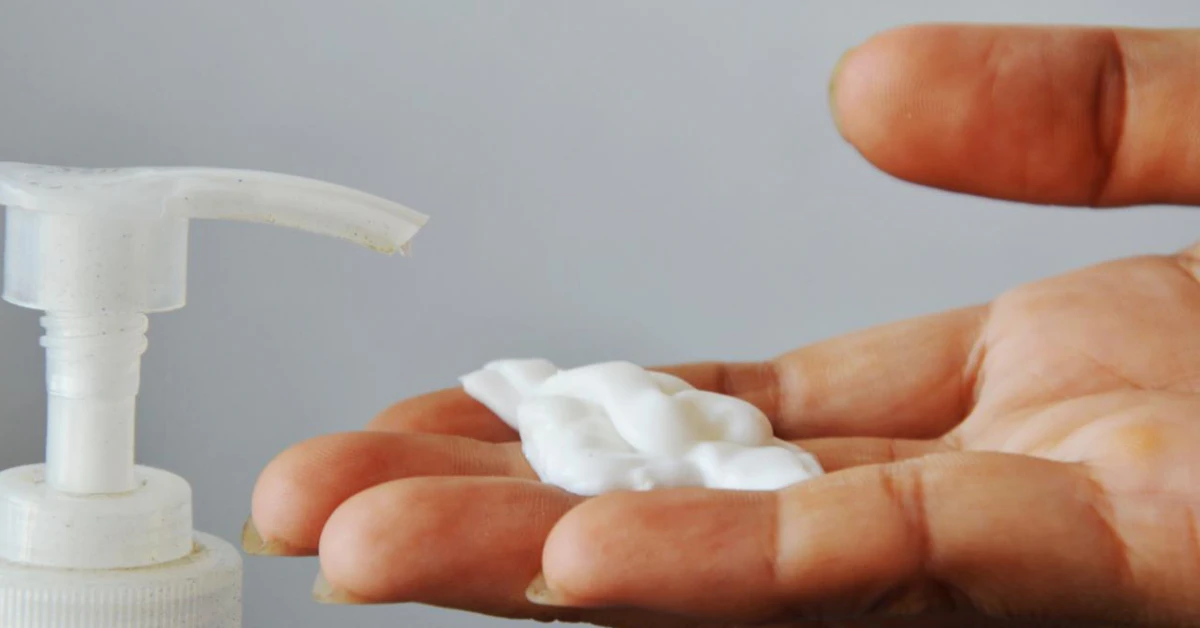
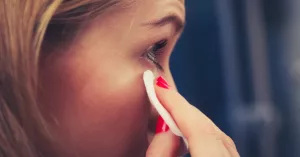
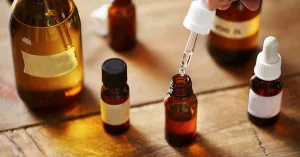


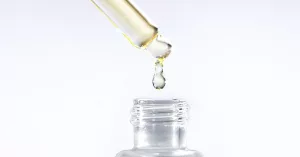
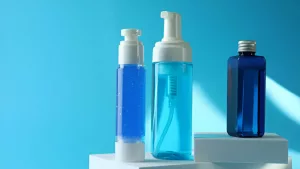

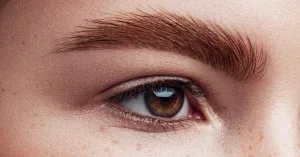


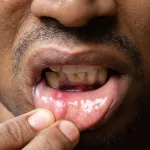

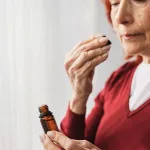









Leave a Reply
You must be logged in to post a comment.